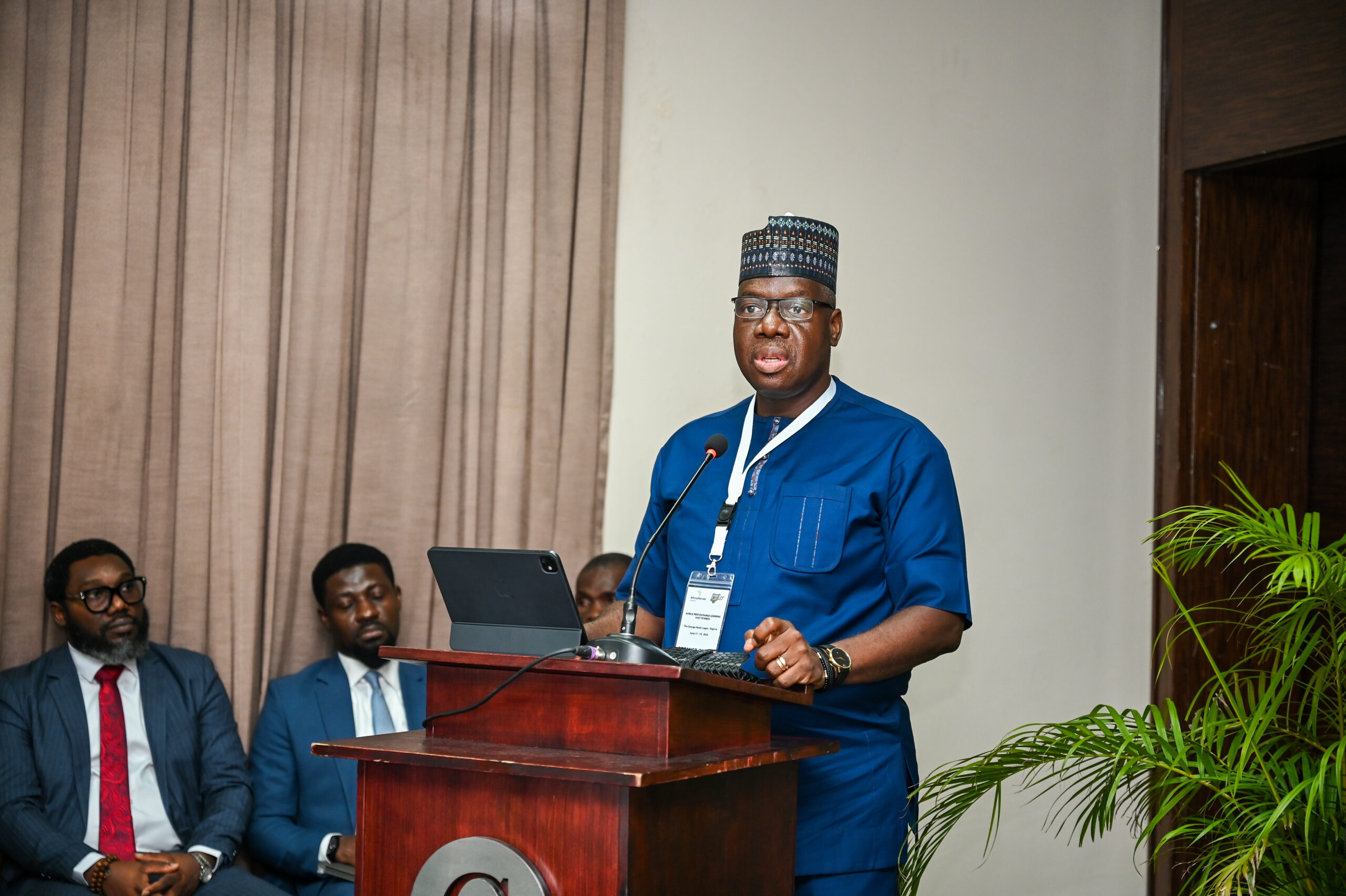Gov't urged to impose higher taxes on oil, gas industries to settle loss and damage claims
Eight in ten people globally support taxing oil and gas corporations to pay for climate-related damages, according to a new survey.
The survey, conducted across 13 countries—including Kenya and most G7 nations—found that a majority of respondents believe governments must impose taxes on oil, gas, and coal corporations for climate-related loss and damage.
It also revealed widespread concern that governments are not doing enough to counter the political influence of ultra-wealthy individuals and polluting industries.
Responses from countries like South Africa and Kenya showed a broad consensus across political affiliations, income levels, and age groups—indicating strong global support for climate accountability measures.
The survey findings have been welcomed by climate activists, who have long called for punitive taxes on fossil fuel companies to address the environmental and social costs of carbon emissions.
Sherelee Odayar, Oil and Gas Campaigner for Greenpeace Africa, said, “People are literally feeling the heat and are footing the bill for disasters driven by fossil-fuel profits. Our governments have a popular mandate to make oil, gas, and coal corporations pay their fair share for the floods, droughts, and hunger they’ve helped unleash.
A ‘polluter-pays’ tax would turn dirty profits into clean investments for frontline communities—and that’s the climate justice Africa has been calling for.”
Representing Kenya at the UN Climate Meetings in Bonn, Germany, Ali Mohamed, Special Envoy for Climate Change, reminded stakeholders that African leaders adopted the Nairobi Declaration during the inaugural Africa Climate Summit. Among its provisions is a call for a global carbon taxation regime, including levies on fossil fuel trade.
“Kenya co-chairs the Global Solidarity Levies Taskforce, which brings together a coalition of willing countries to design and implement progressive levies that reflect the true cost of pollution,” said Ali.
“The principle is simple: sectors profiting from the greenhouse gas emissions driving destructive climate change must be taxed to support climate-impacted communities in Africa and across the developing world—to help them adapt and recover from the devastating losses they suffer so frequently.”
The study, conducted by Dynata, was unveiled alongside the Polluters Pay Pact—a global alliance of communities on the frontlines of climate disasters. The Pact demands that, rather than burdening ordinary citizens, governments should require fossil fuel companies to pay for the damage they cause, through new taxes and fines.
Mads Christensen, Executive Director of Greenpeace International, said the survey results send a powerful message from people around the world.
“The public sees the fingerprints of fossil fuel giants all over the storms, floods, droughts, and wildfires devastating their lives. Accountability is overdue,” he said. “Governments can unlock billions to protect communities and invest in real climate solutions. It’s only fair that those who caused the crisis pay for the damage—not those suffering from it.”
The survey findings, published a day ago, reinforce public support for the core demands of the Polluters Pay Pact. They come as climate impacts worsen globally and economic inequality deepens.
The study was launched on Thursday during the UN Climate Meetings in Bonn (SB62). It was commissioned by Greenpeace International and Oxfam International and presented at an event where government representatives are discussing climate policy options, including ways to raise at least USD 1.3 trillion annually in climate finance for Global South countries by 2035.











